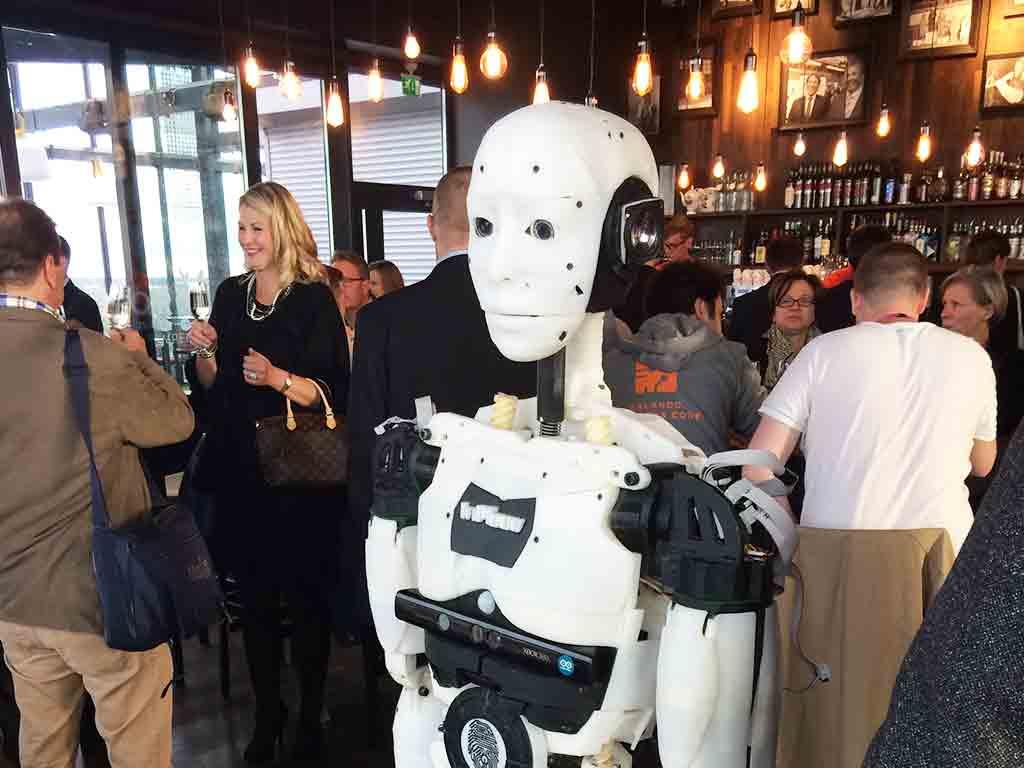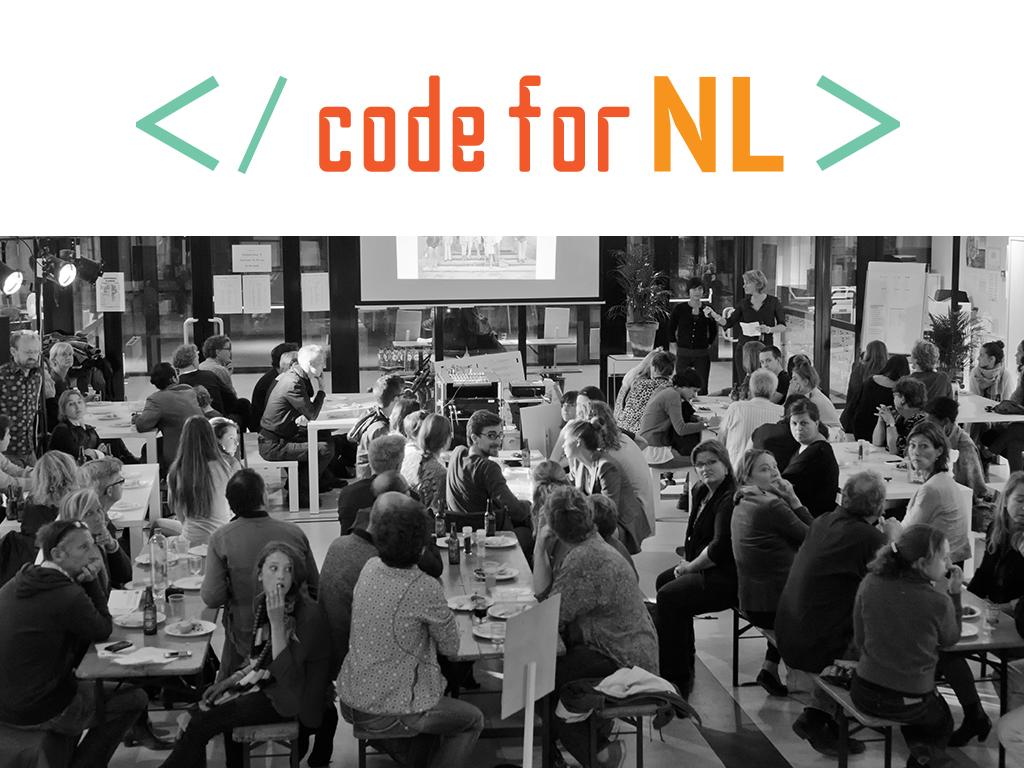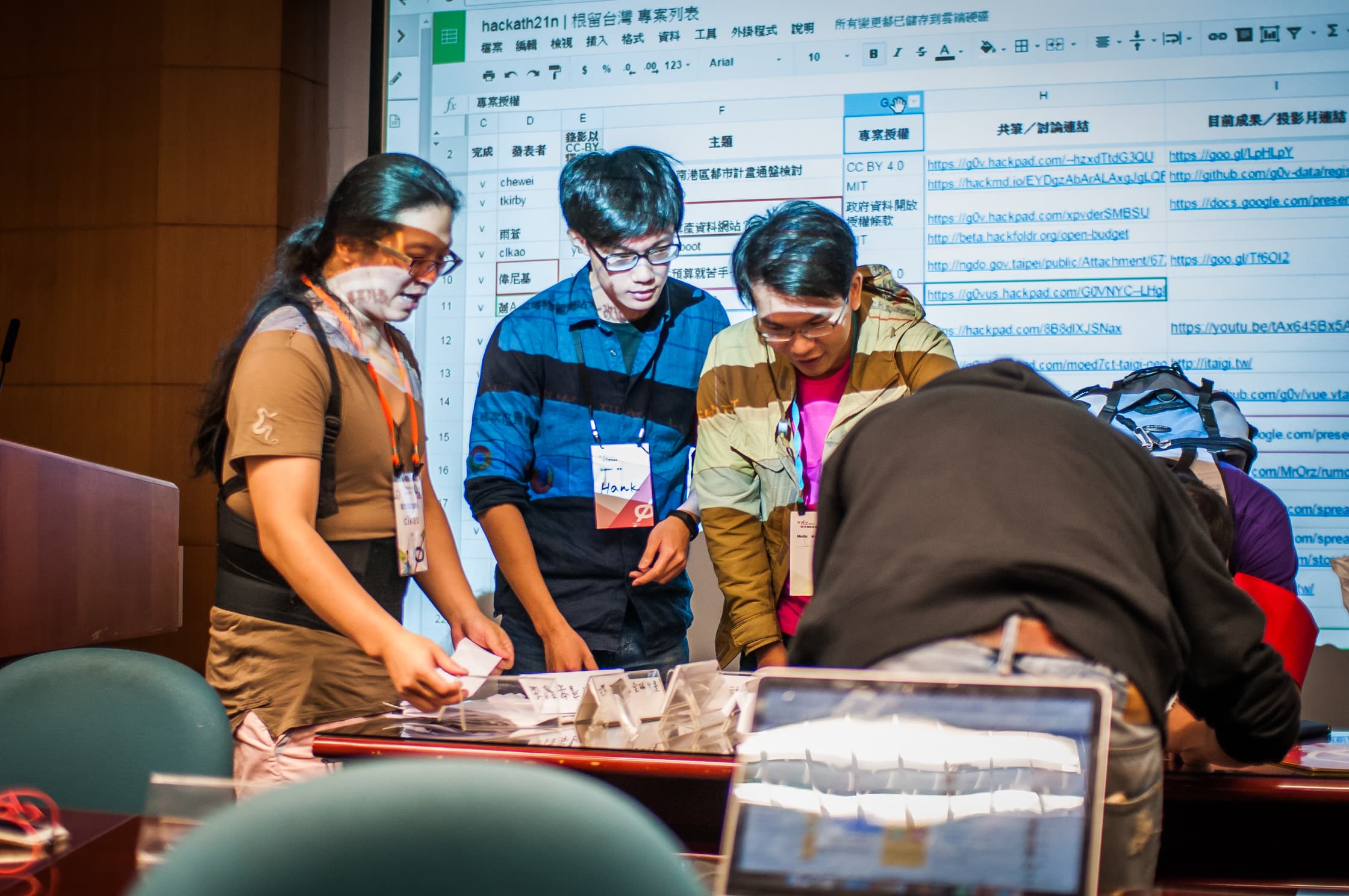Last month, Dutch and Finnish fellows and policy makers met during the Mindtrek conference and a code fellow training in Finland. The aim of this exchange was to compare routines and share successes. There was also a strong need felt to connect to the wider European community of civic hackers and people from the governments to learn from each other's work.
Open and Agile Smart City
At the Mindtrek conference in Tampere, the Open and Agile Smart City network played a central role; this network now links over 50 cities that together want to create an open smart city market where interoperability, open data, open source and standards are key factors. It has a lot of appeal, but still lacks practical results that other cities can hook into. It is important to find local/national support for it; in The Netherlands, the cities of Amersfoort, Amsterdam, Eindhoven, Enschede, Rotterdam and Utrecht are now connected.
Experiences from Amsterdam, Helsinki and Tampere were shared in the code fellow sessions. There is an interesting difference in the approach between The Netherlands and Finland in respect to where the code fellows work within the municipality. In Helsinki, they operate from the ICT department; the fellows of previous years are working there on a permanent basis now and this year, six new code fellows will start. In Amsterdam, the development closely fits to the newly established Datalab of the city. The one Code for NL fellow has become a structural member of this team, that develops service applications for the city and its citizens.
Examples from Helsinki
Helsinki has a couple of interesting projects, that other cities can use for further development. To help citizens with mobility, they developed an open tripplanner. This application helps finding the fastest and cheapest routes through the city. The code and all derived applications are open source and it is hoped that other cities and countries wil join in their development. They also work on a city service map; to chart all services that citizens can use: not only locations, but also sports facilities, equipment, etc.
It is clear that for the few cities that are now participating in Code for NL, multiple projects come to mind from which they could benefit from, or that could be easily implemented. There is still not enough attention on an European level to opening up code, sharing of results and the reuse of successful solutions. We are aiming to to do something about this in the coming year from our Code for NL programme.


